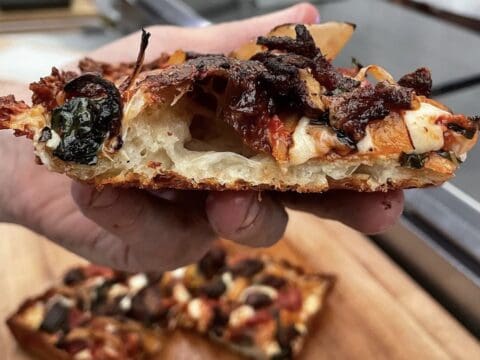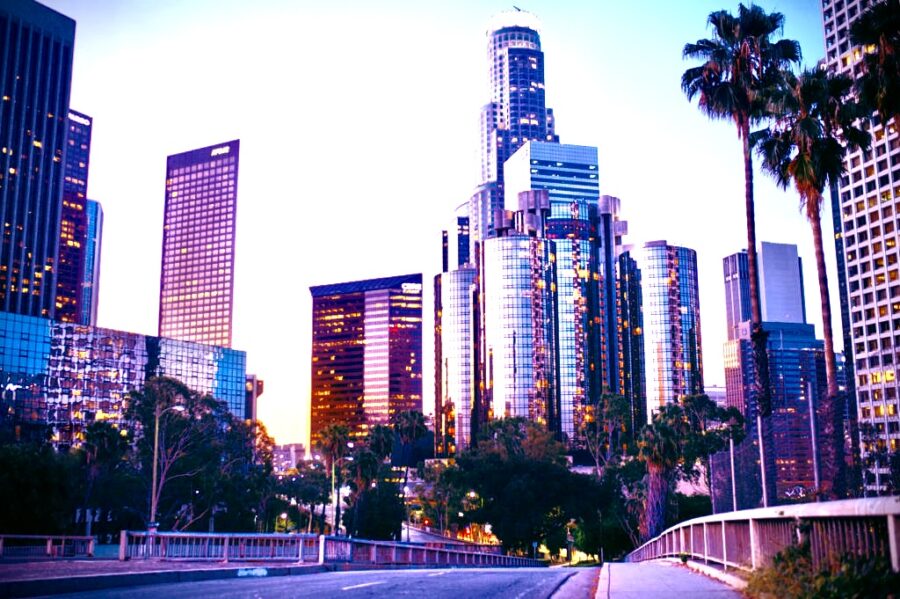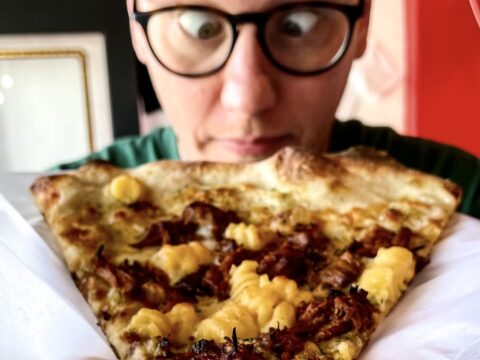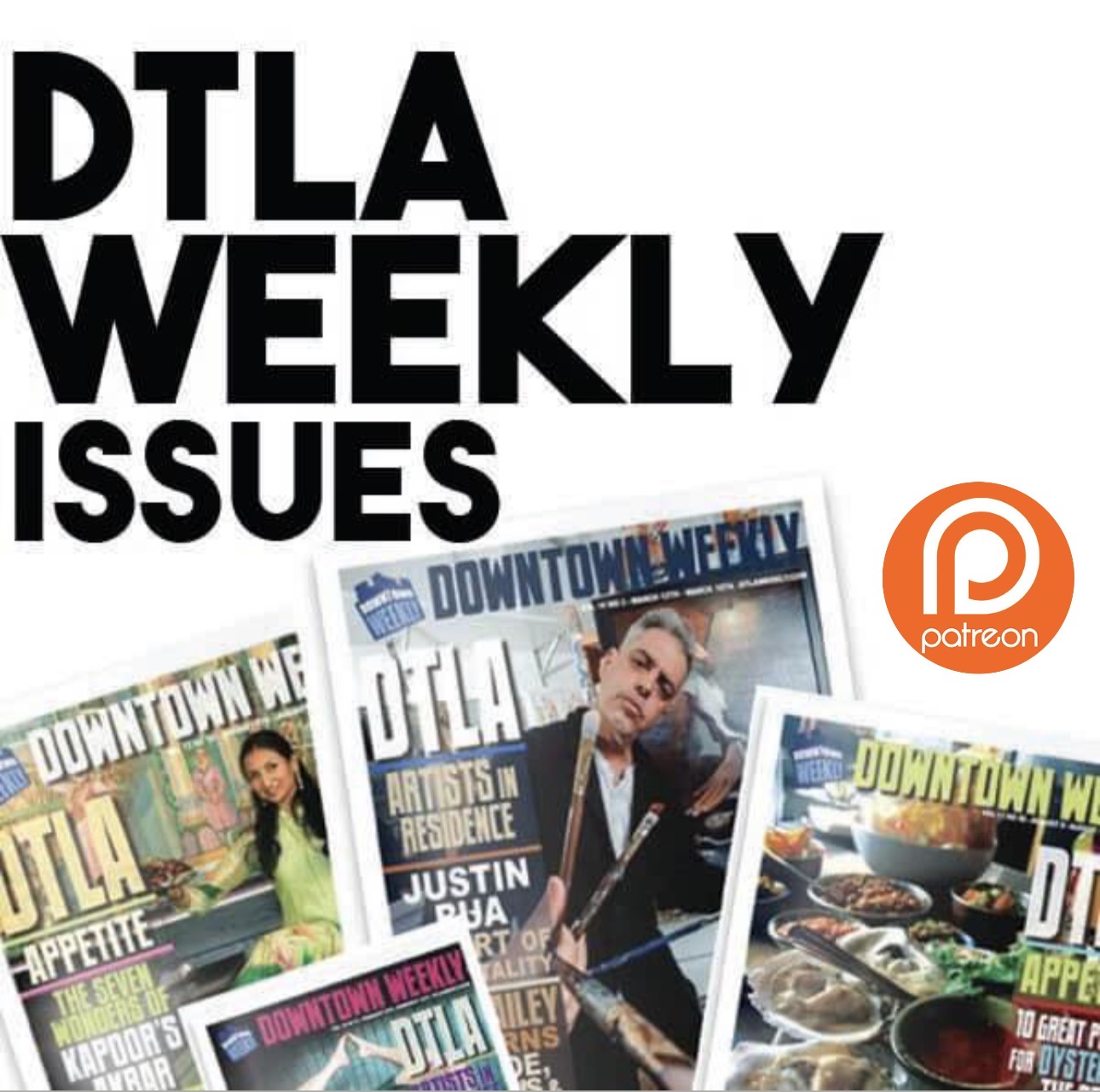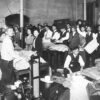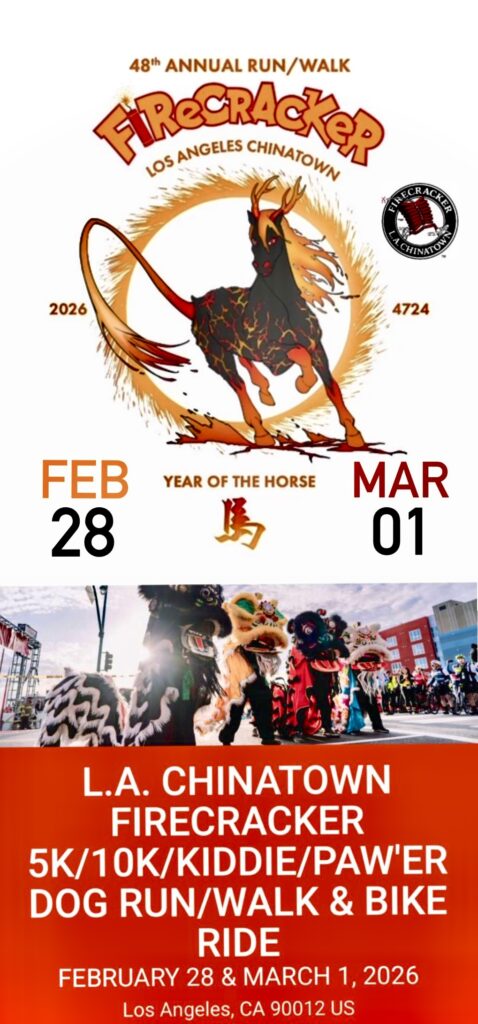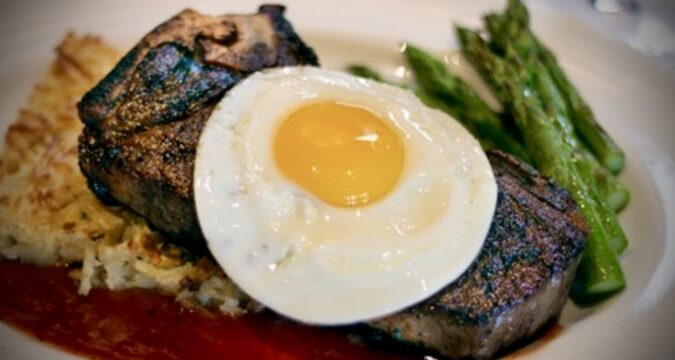
Downtown Los Angeles is no stranger to change, but the recent wave of restaurant closures has undeniably struck a raw nerve. Yet, a recent survey conducted by DT Weekly has shown that, out of all the news of restaurants shuttering in the past year, the iconic Pacific Dining Car, followed by the closure of the Pantry, takes the prize for the most shocking. Other closures that left a sour taste include Woodspoon, the Palm, and Nickel Diner. The pain runs so deep that little mention has been made of tonight’s closure of Capital Grille, a stark contrast to the outpouring of grief for these beloved establishments.
So what’s with the lack of empathy?
The answer lies in the unique roles these establishments played in the fabric of DTLA’s identity and the circumstances surrounding their demise. The Pacific Dining Car, the Pantry, and the Palm represented more than just places to eat; they were interwoven into the city’s history and the personal narratives of countless Angelenos. Their closures feel like a tangible loss of the city’s soul.
The Pacific Dining Car exemplifies a closure that transcends the mere loss of a restaurant. Its century-long legacy as a backdrop for countless business deals and personal milestones, coupled with its iconic railcar aesthetic, cemented its place as a cultural touchstone, now tragically reduced to rubble due to back-to-back homeless encampment fires. Whatever plans there may have been to revive its restoration have been lost in the flames.
Similarly, the Pantry’s enduring presence for over a century made it a steadfast beacon, a constant in a changing downtown. Its absence signifies more than just a business closing; it represents a disruption to the familiar fabric of daily life and raises superiority concerns when owners conflict with the demands of employees.
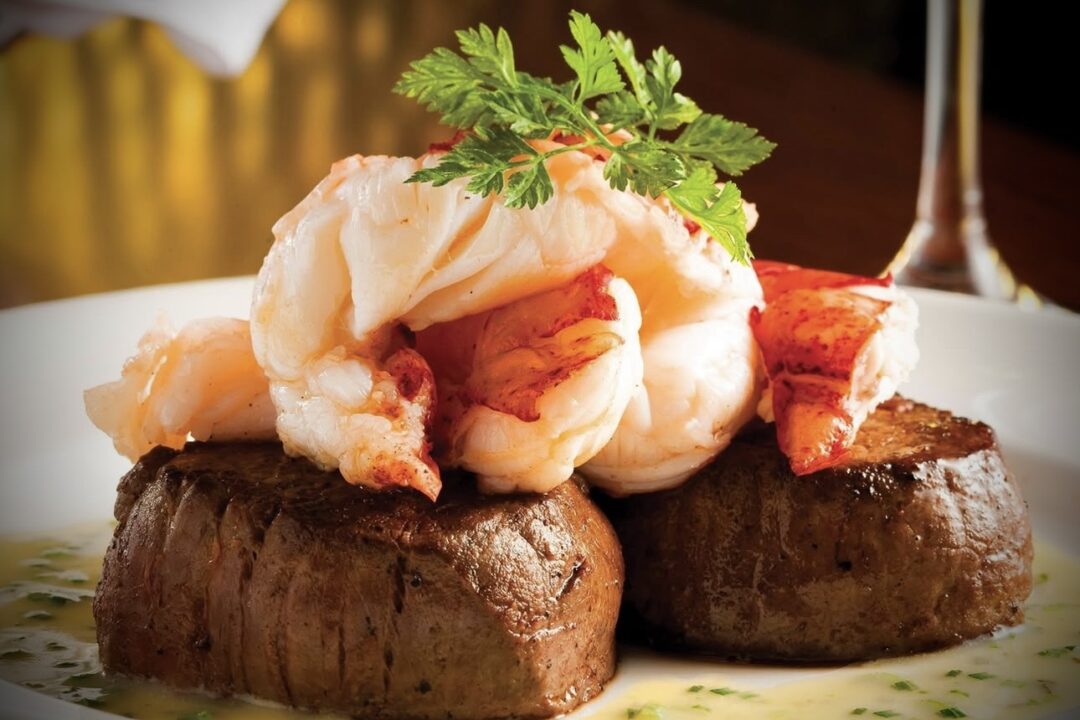
Photos courtesy of Capital Grille
Even the Palm, despite its somewhat ignominious end with a dramatic New Year’s Eve closure due to a patron fight, held a historical weight that made its departure a significant event. The memories forged within its walls of caricatures contributed to a sense of loss that the departure of a newer establishment like the upscale Capital Grille, although complete with lobster platters, fine wines, and lavish decor, simply didn’t evoke.
Less history, less drama, yet still closed?
The closure of Lil’ Sister in late April reminds DTLA that even a restaurant that stays packed, with a solid reputation and no public drama, is in danger of leaving our hearts and plates empty with little notice. This, along with the loss of the original Nickel Diner, with their bacon-wrapped donut extravagance, highlights how establishments that capture the city’s imagination and become ingrained in its identity may be deeply mourned, even if they haven’t been around for generations.
Guerilla Tacos, which closed due to robberies, and Pali Wine in the Arts District’s closure may have felt like the end of the world for their patrons, but they didn’t resonate with the same city-wide sentiment as the loss of the more historically significant venues.
Another such tale: the Woodspoon’s closure, driven by the owner’s well-being, came as a shocker, with a plethora of fans rehashing their condolences.
While the closure of Capital Grille’s upscale steakhouse, at the base of the Aven Apartments, is undoubtedly a setback for the area’s dining scene, it may have simply lacked the deep historical roots and the same level of community connection.
Next time… Make the Connection!
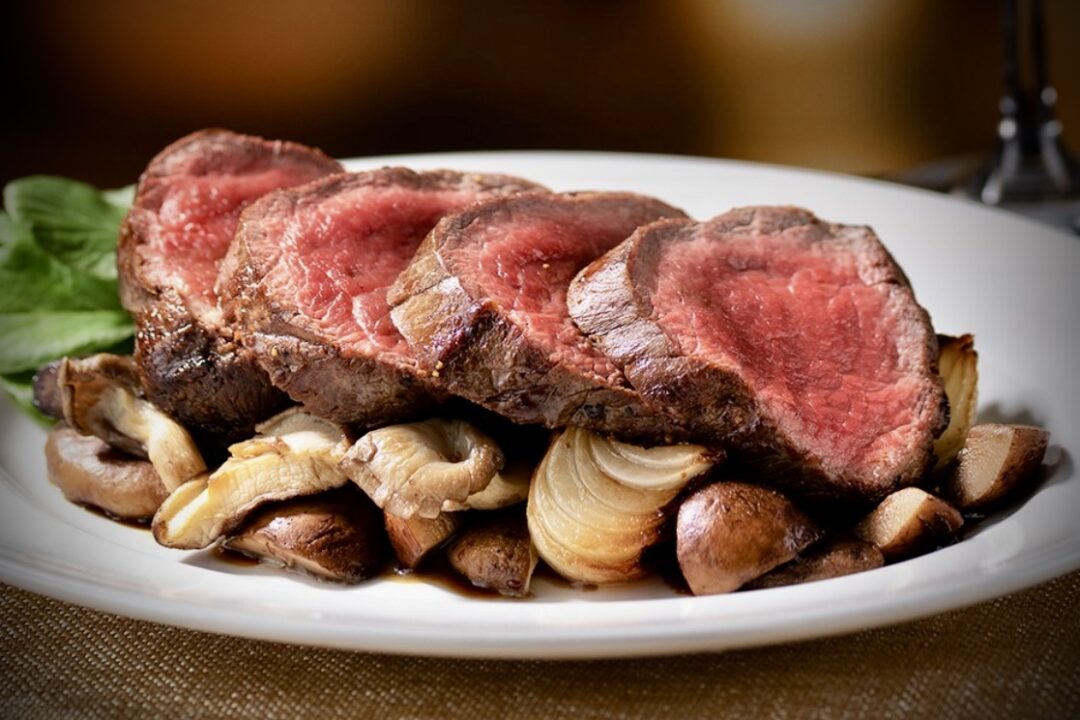
Photos courtesy of Capital Grille
Opened roughly three years ago, Capital Grille just hadn’t woven itself into our personal histories, nor with its corporateise did it seem interested in sharing its own history with earnest locals, independent newspapers, or social media influencers that ultimately glue the city together. Instead, Capital Grille chose to cater mostly to its business sector patrons rather than making itself openly welcome to the hyper-locals, as Woodspoon or Nickel Diner had done.
In a city grappling with perceptions of downtown’s decline, fueled by social media drags and modern-day economic woes (as evidenced in comments regarding other notable closures like the 99¢ Store, Macy’s, Walgreens, or the shuttering of the historic Globe Theatre), closures like the Pantry and Pacific Dining Car feel like losing pieces of our foundational identity because they represent a DTLA that many remember fondly, while the Capital Grille closure represents the ideology of Downtown never re-capturing a solid identity as a fond place for long lasting memories ever again.
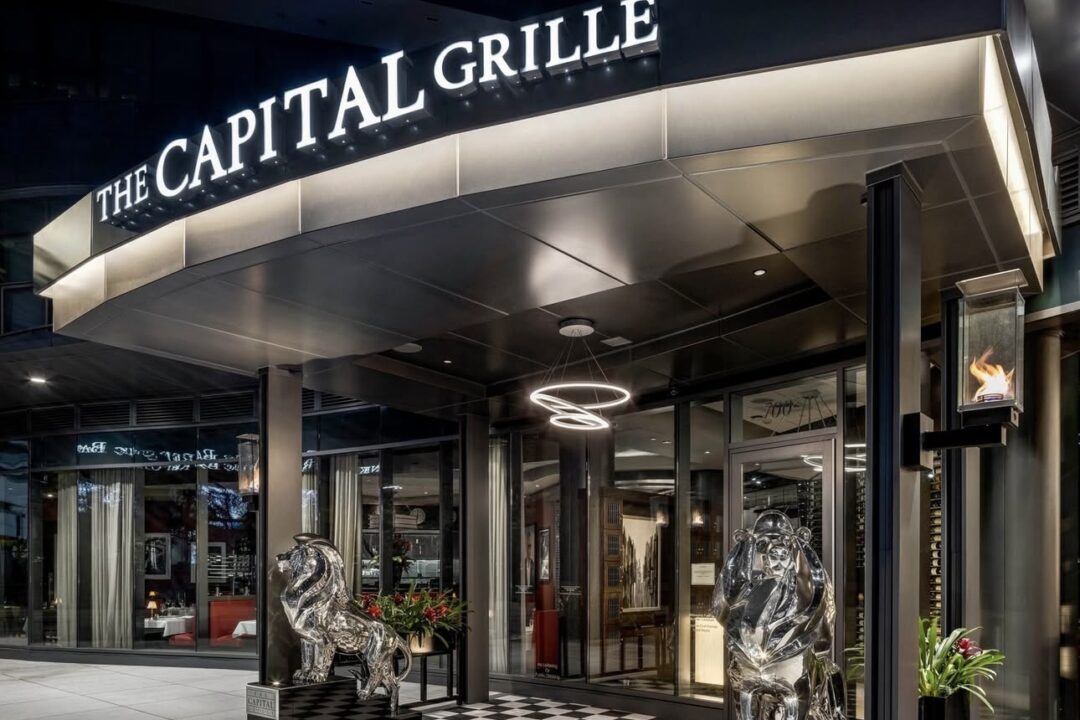
Photos courtesy of Capital Grille
Yet, despite the closing of Capital Grille, by just donning a pair of rose-colored glasses, and staying updated on current events, many can still see a bright future for DTLA encompassed by community hubs doing well such as Social District’s Prank Bar, 33 Taps, newcomers like Javier’s and Sandcouch and newly opened Miznon in Grand Central Market, all ready to carry the torch that illuminates our ever-changing narrative and new hope for Downtown Los Angeles.
![]()


